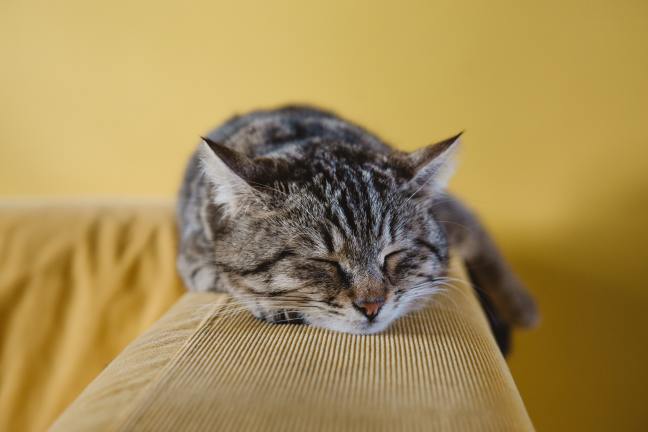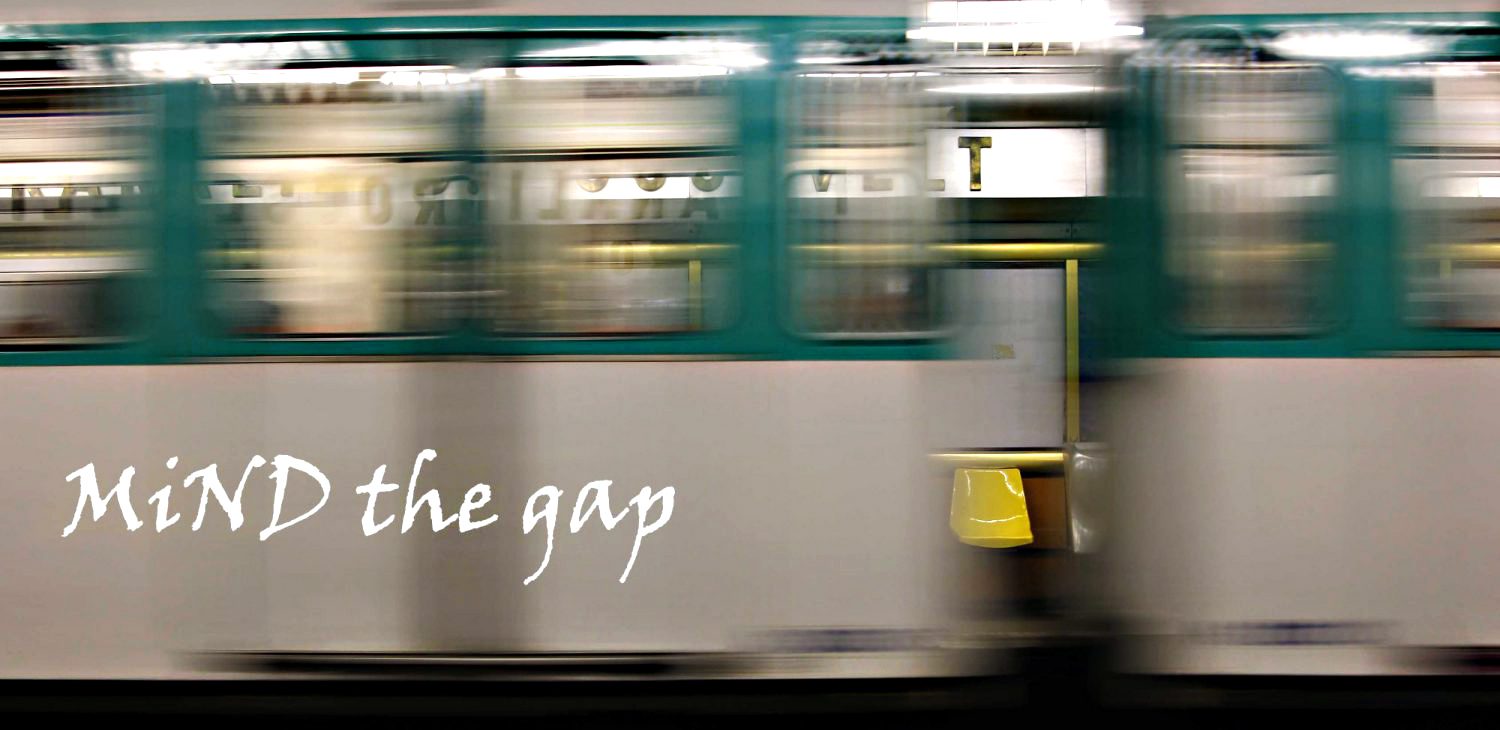Almost every person, healthy or not, suffers from occasional problems with sleep and circadian rhythm. In the modern days of 24/7 smartphone use and transcontinental flights, our internal body clock is having a hard time adjusting to the external cues. For the persons suffering from mental health issues, their impaired sleep cycle can be one of the cornerstone problems of daily living. Sleep problems have been confirmed to be a first symptom, consequence, or even a cause of such psychiatric conditions as major depression, bipolar disorder, ADHD, autism, substance abuse, and even aggressive behaviour. Their strong relations, however, have not been studied systematically and broadly just yet.
Why study the circadian rhythm?
Circadian rhythm is our inner clock that regulates a lot of important processes in the human body, including the sleep/wake cycle, the release of hormones and even the way we process medicines. This clock is run by the brain region called the hypothalamus, which piles up a protein called CLK (referring to “clock”), during the daytime. CLK, in turn, activates the genes which make us stay awake, but also gradually increases the creation of another protein called PER. When we have a lot PER, it turns off CLK production and makes us ready to sleep. As CLK is getting lower, this causes a decrease in PER, so that the process starts again with elevating CLK waking us up. This cycle happens at around 24-hour intervals and is greatly influenced by so-called zeitgebers, or time-givers, like light, food, noise and temperature. When our retina neurons catch light waves, the suprachiasmatic nucleus in our brain stops the production of the hormone called melatonin that induces sleep and starts producing noradrenaline and vasopressin instead to wake us. This is the exact reason why you cannot fall asleep after watching a movie at night.

Sometimes our body clock fails to function, as in the case of jetlag when we feel bad after changing a time zone or social jetlag when we have to start work early at 8 am. It can go as far as a circadian rhythm disorder meaning you have either a delay or advancement of sleep phases or an irregular or even non-24-hour daily activities preference. However, in the general population, a small variation in the rhythm is quite normal and is usually referred to as a chronotype. It defines your preference of when to go to sleep and do your daily activities and is divided into 3 distinct versions. The radical points of these variations include a morning chronotype, or “larks”, who go somewhat 2-3 hours ahead of the balanced rhythm, and an evening chronotype, or “owls”, who are a little delayed. The larks feel and function better during the first half of the day and go to bed rather early, while the owls prefer to work in the evenings and go to bed and wake up naturally late. The third chronotype is the in-between, balanced version of these two.

What’s my study about?
Previous research has shown that many psychopathologies are linked to an evening circadian preference. For my master thesis research, I am investigating whether we can identify specific profiles in sleep and circadian rhythm problems that are linked to specific mental health problems. There was even a curious study where researchers linked the Dark Triad personalities, which include people with tendencies for manipulation, lack of empathy, and narcissism, to the evening chronotype. Maybe this leaves some evidence for the famous quote that “evil does not rest”. However, there’s a great variation in sleep duration and perceived quality of sleep in patients with various diseases. We hope to divide such persons into more or less accurate groups with a sleep profile that would predict and aid the correct diagnosis of one or the other mental health condition.
The psychopathologies are included in our study as so-called dimensions, which look at each psychiatric syndrome not as with a norm/pathology cut-off but rather as a continuum of symptoms severity. This approach allows us to see if the sleep/circadian profile we identify refers to mental health in general or can be a distinguished part of a certain psychiatric condition. It might be that all dimensions, like depression and autistic spectrum disorders, have an evening chronotype and some non-specific sleep problems. Alternatively, we might find out that a person with symptoms of depression would sleep more or less than average and go to bed later, whereas a person with anxiety would go to sleep later as well but wake up at night very often despite an average summed up sleep duration.
The circadian rhythm changes throughout a lifetime from an early to an evening chronotype towards adolescence and then gradually shift back to the earlier preference with older age. Across the whole lifespan people constantly face varying quality of night sleep. Moreover, each psychiatric condition has a particular age of onset and sometimes changes its character with time. These are the reasons why our study will also look at how the sleep/circadian profiles change within the development phases from children (4-12 years) to adolescents (13-18) to adults (19-64) to the elderly (≥65) and if they affect males and females differently.
Why would it matter?
Should we discover distinct links between the profiles of sleep/circadian problems and certain conditions, other studies can then look into whether these profiles could be the reasons behind developing a mental health condition. It’d be interesting to finally learn what is a chicken and an egg in each profile-disease relation. For instance, should we really treat ADHD patients with melatonin and bright-light lamps instead of stimulants?

Dina Sarsembayeva is a neurologist and a research master’s student at the University of Groningen. She is using the data from the CoCa project to learn if the chronotypes and sleep problems can be turned into profiles to predict specific psychiatric conditions.
Further reading
- Walker, W. H., Walton, J. C., DeVries, A. C. & Nelson, R. J. Circadian rhythm disruption and mental health. Transl. Psychiatry 10, (2020).
- Logan, R. W. & McClung, C. A. Rhythms of life: circadian disruption and brain disorders across the lifespan. Nature Reviews Neuroscience vol. 20 49–65 (2019).
- Jones, S. G. & Benca, R. M. Circadian disruption in psychiatric disorders. Sleep Med. Clin. 10, 481–493 (2015).
- Taylor, B. J. & Hasler, B. P. Chronotype and Mental Health: Recent Advances. Curr. Psychiatry Rep. 20, (2018).
